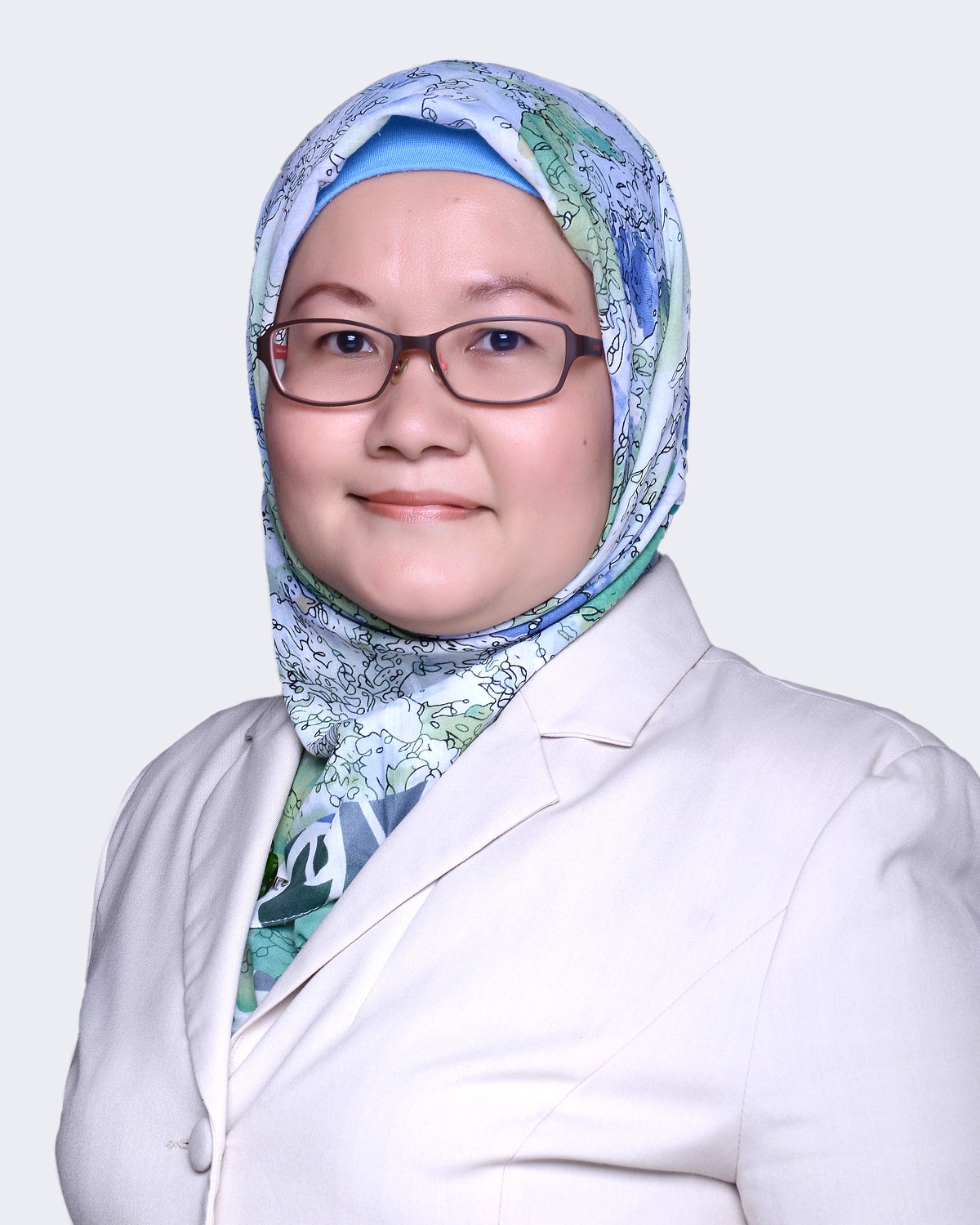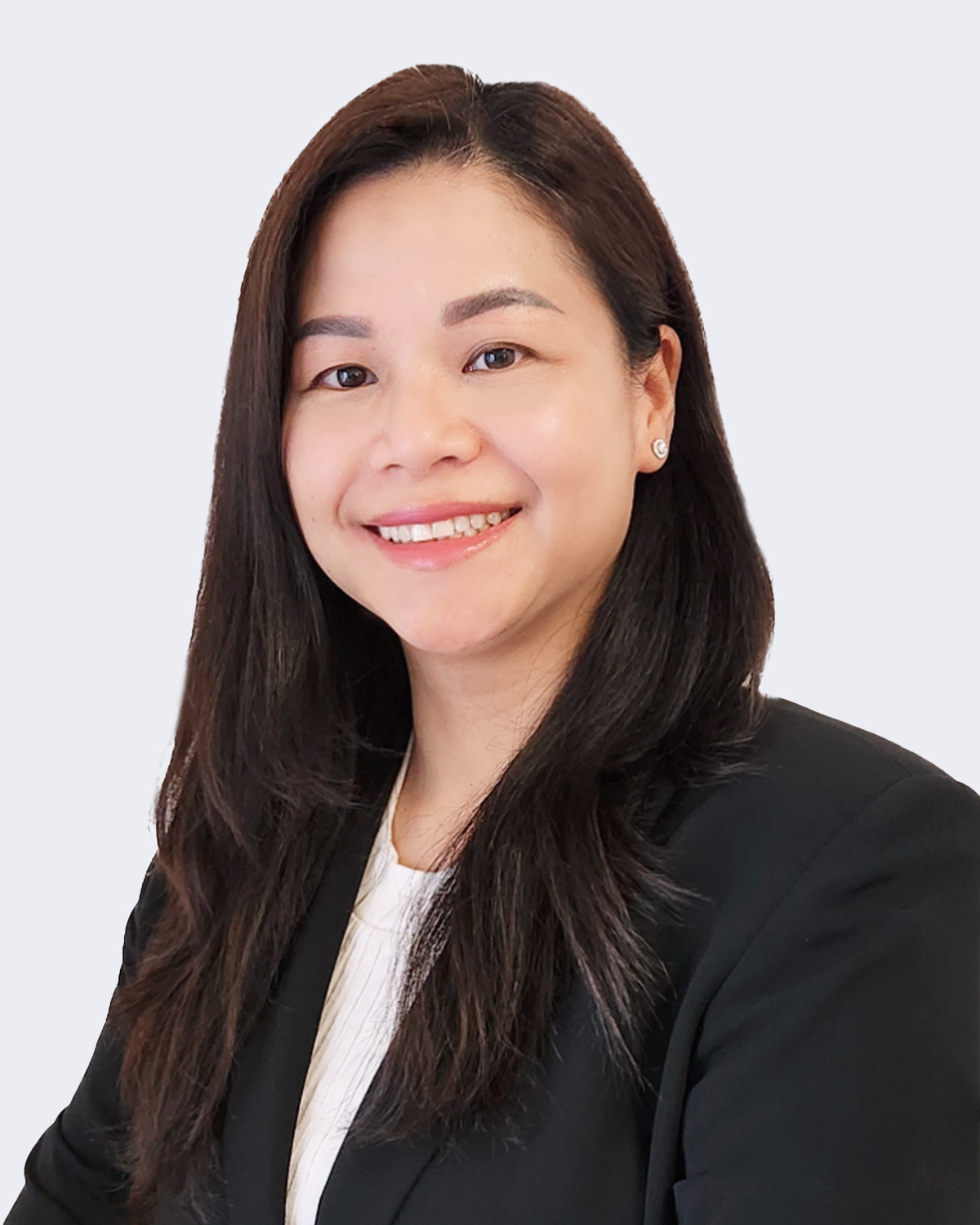On December 19, 2018, the Ministry of Law and Human Rights of the Republic of Indonesia (MOLHR) ratified Regulation No. 38 of 2018 on Patent Applications as an implementing regulation of Law No. 13 of 2016 Concerning Patents.
This regulation came into effect on December 28, 2018. It was presented to the public by the Directorate General of Intellectual Property (DGIP) on March 19, 2019, through a local seminar organized by the Indonesian Intellectual Property Attorneys Association (AKHKI) and the DGIP.
This article summarizes the key changes, beneficial or otherwise, introduced by the new regulation.
Simple patent applications based on the Patent Cooperation Treaty (PCT) application cannot be filed in Indonesia.
Before the enactment of the new regulation, applicants could file a simple patent application based on a PCT or a non-PCT application. However, under the new regulation, an application based on the PCT can only be filed as a patent application. Therefore the Patent Office is no longer accepting simple patent applications based on PCT applications and is only accepting simple patent applications based on non-PCT applications.
In addition, a patent application based on a PCT application cannot be converted into a simple patent application, according to the regulation. The conversion of a patent application into a simple patent and vice versa is only possible for applications based on non-PCT applications.
The new regulation allows more flexibility for the preparation and submission of a microorganism certificate for a patent application related to a microorganism.
Before the enactment of the new regulation, applicants could only submit a microorganism certificate from a foundation or an international depository authority institution recognized by the Budapest Treaty. Under the new regulation, applicants may submit certificates from either a foundation or institution recognized by the Budapest Treaty, or from a local scientific foundation or institution approved by the MOLHR.
In addition, the new regulation clarifies the information that must be included in the microorganism certificate, as follows:
- Sufficient explanation of the characteristics or specifications of the microorganism;
- Name of the microorganism;
- Date of submission for storage;
- Name of the storage institution; and
- The storage number of the microorganism.
This certificate should be filed within three months from the filing date, and an extension can be requested according to the statutory provisions.
The new regulation introduces the possibility of filing recordals of change of pending patent applications.
Before the enactment of the regulation, recordals of change were only permissible for granted patents. However, the new regulation allows applicants to file recordals of change of name, address, and assignment, for both granted patents and patent applications at the DGIP.
The new regulation clarifies the patentability requirement by defining cited documents used during the substantive examination process.
Under the new regulation, substantive examination of patent applications in Indonesia includes the examination of novelty, inventive step, and industrial applicability. The application must also fulfill the other requirements under the Law (No. 13) Concerning Patents, which include (but are not limited to):
- Clarity of disclosure of the invention;
- Unity of the invention;
- Consistency of the disclosure of the invention;
- Support of claims by the description;
- Sufficiency of the disclosure of the invention; and
- Clarity of the claims.
Further, in conducting the substantive examination, the DGIP Examiner may use the following documents:
- Patent application documents filed in Indonesia or abroad that have been issued before the filing date of the application (or the priority date if the application is filed using priority rights);
- Patent documents granted in Indonesia or abroad where the date of publication is before the filing date of the application (or the priority date if the application is filed using the priority rights);
- Non-patent documents published before the filing date of the application (or the priority date if the application is filed using priority rights);
- An application filed in Indonesia published on or after the filing date of the application for which a substantive examination is being carried out, but the filing date or priority date of such application was filed in Indonesia earlier than the filing date or the priority date of the subject application for which the substantive examination is being examined;
- Evidence of general knowledge that has been made known in the field of technology from the invention specified in the application; and
- Comments or objections filed by the community, as well as rebuttal or explanations of the comments or objections.
Documents a–c above can be published either in Indonesia or abroad.
The time limit for filing a divisional application has changed.
Before the enactment of the new regulation, a divisional application could be filed any time before the issuance of the final decision of substantive examination results of the parent application. The new regulation allows the filing of a divisional application only within three months from the date of the applicant’s response letter to the office action stating that the applicant agrees to file the divisional application.
The time allowance for fulfillment of simple patent application formality requirements has been shortened.
According to the new regulation, applicants must provide any missing formality requirements within a maximum of one month from the date of issuance of the DGIP’s letter notifying them of the missing formality requirements. There is no possible extension. This one-month period for fulfillment of the formality requirements is a reduction of the previous three-month allowance under the old regulations.
The new regulation allows the filing of a request for judicial review of a withdrawn patent or simple patent application.
The new regulation allows applicants to file a request for judicial review of a decision to withdraw a patent or simple application. The request must include a reason, and is subject to a fee based on the statutory provisions. This request for judicial review must be filed within six months from the date of the notification of withdrawal. However, at the time of writing there are still no provisions regarding the official fee for filing a request for judicial review.
The above changes bring both advantages and disadvantages to applicants in the prosecution of their patents or simple patent applications in Indonesia. The MOLHR’s provision of an alternative for a withdrawn patent or simple patent application to be revived through a judicial review request is a helpful development, for example, but the option to file a simple patent application has become rather limited. It used to be possible to file a simple patent based on a PCT application, but under the new regulation this is no longer possible. In addition, the shortened period for submission of the formal documents puts applicants into a time crunch, and they will need to pay closer attention to this time limit, and must make sure to provide the formal documents for their patent application in a shorter timeframe.






